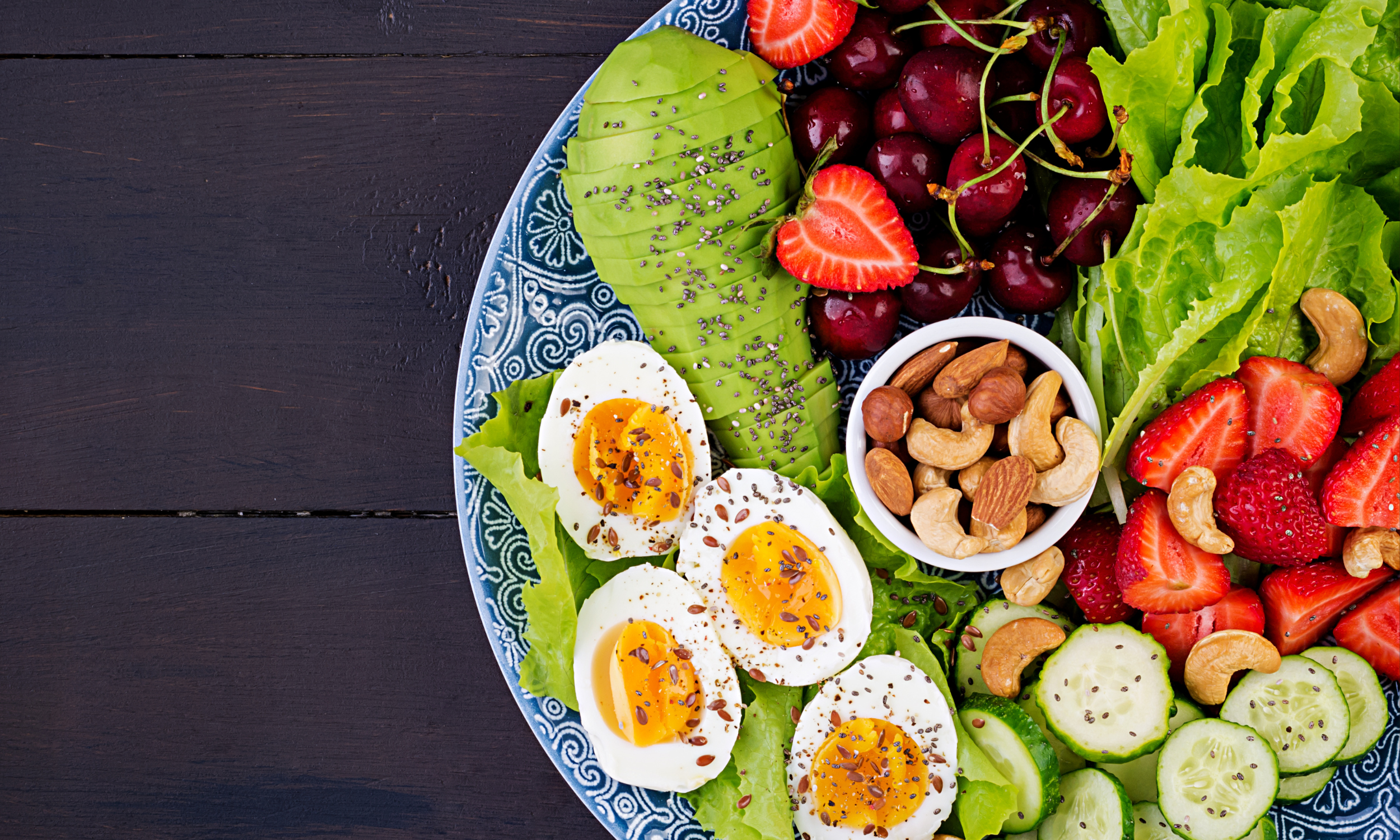A depletion of carbohydrates is indicated for most of the patients at our Medical Weight Loss Clinic. This raises the decades-old debate: Are carbohydrates good or bad? To answer this question, we’d like to step back and discuss what carbohydrates are and how the body processes them. Here are four important things to know about carbohydrates.
1: How the Body Runs on Carbs VS How the Body Runs on Fat
When the average person eats a meal rich in carbohydrates, their body takes those carbs and converts them to glucose for fuel. Insulin is then made to move that glucose into the bloodstream. Glucose is the body’s primary source of energy when carbohydrates are present.
Things are different in ketosis. On the ketogenic diet, your carbohydrate intake is kept very low—so when those carbs aren’t present, your body must utilize another form of energy to keep things ticking. The end goal of a properly maintained ketogenic diet is to force your body into this metabolic state through a depletion of carbohydrates.
Our bodies are incredibly adaptive to what you put into it. When you overload it with fats and take away carbohydrates, it will begin to burn ketones as the primary energy source, promoting fat loss among other benefits.
2: There are Different Types of Carbohydrates
Something to keep in mind with the ketogenic diet is that it’s specifically net carbs that are counted when calculating your daily intake. Net carbs are the grams of total carbohydrates in a food minus its grams of total fiber.
Why do we subtract fiber?
Fiber is a type of carbohydrate (called a “complex carb”) that your body can’t digest, so it doesn’t count toward the amount of carbs that can trigger an insulin response and prevent ketosis. We encourage our patients to consume fiber with their meals because it contains a wealth of vitamins, minerals, and antioxidants. Some of our favorite fiber sources are “above ground” vegetables like leafy greens, broccoli, cauliflower, cabbage, and cucumber (or pickles!)
3: We Do Not Need to Use Carbohydrates as an Energy Source
When given the opportunity, our body will always reach for glucose as an energy source. Glucose is a sugar molecule that is most easily converted into ATP, the body’s energy currency.
Carbohydrates convert into glucose. But when you take them away, your body doesn't stop needing glucose; it simply starts pulling it from other sources. Low blood sugar levels will trigger hormonal responses in the body that signal the cascading effect needed to begin a catabolic response used to break down fat and protein. This is called glucogenesis.
In fact, fat is body’s preferred energy source, but it’s reached for last. It’s possible to live a very long and healthy life never consuming much – if any – in the way of carbohydrates, provided you consume adequate dietary fat and moderate protein.
Carbohydrates Can be Sneaky
If you're new to keto, watch out for hidden carbs. Generally, dairy products and nuts are a good way to meet your daily fat intake, but know that some of those items may contain more carbohydrates than you think.
For example, yogurt topped with nuts may seem like a great keto-friendly snack, but a 5-ounce serving of plain yogurt has 12 grams of carbohydrates. Vanilla flavored yogurt has 24 grams of carbohydrates due to added sugar. Add an ounce of cashews and you can reach up to 30 grams of carbs for that snack, which could knock you out of ketosis.
Be sure to read nutrition labels when you begin a low-carb diet and pay attention to serving sizes. Carbohydrates hide in many of the foods we eat today, especially those we pick up off the shelf.
More Resources at Your Fingertips
Have you snagged our Two Week Survival Guide yet? It contains a two-week sample meal plan, a list of our favorite low-carb snacks, education about ketosis, and much much more. Subscribe to our newsletter and get the Two Week Survival Guide in your inbox!












